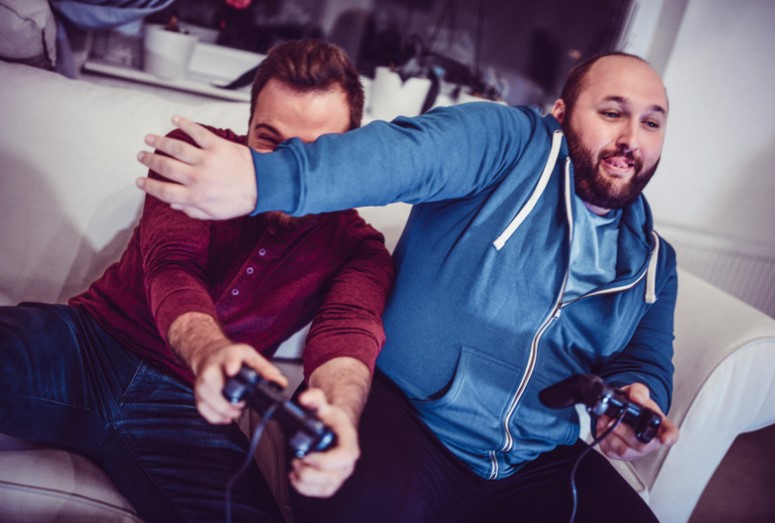In the expansive realm of cheating in video games, an unsettling trend has been gaining traction: cheating. While gaming has evolved into a multi-billion-dollar industry offering entertainment, competition, and a sense of community, the rise of cheating poses a significant threat to the integrity of this digital landscape.
The allure of gaining an unfair advantage or swiftly overcoming challenges has led some players to resort to various forms of cheating within video games. Cheating tactics range from using unauthorized software modifications and exploits to manipulating game mechanics to achieve an unfair edge over opponents. This behavior not only undermines the competitive balance but also diminishes the gaming experience for honest players.
The consequences of cheating in video games extend beyond mere gameplay. In esports, where competitions garner immense viewership and substantial prize pools, the specter of cheating looms large. Instances of professional players caught cheating have not only tainted their careers but also cast doubts on the legitimacy of competitive gaming as a whole.
Moreover, cheating adversely impacts the overall gaming community. It erodes trust among players, diminishes sportsmanship, and fosters an environment where fair play takes a backseat. Such practices also affect game developers who invest time and resources in creating balanced and enjoyable gaming experiences, only to see their efforts compromised by cheating tactics.
The gaming industry, aware of this growing concern, has been taking measures to curb cheating. Game developers are implementing stricter anti-cheat systems, regularly updating games to patch vulnerabilities, and actively monitoring player behavior to identify and penalize cheaters. Collaborations with cybersecurity firms and continuous advancements in technology aim to fortify games against unauthorized modifications and exploits.
Cheating in Video Games: Collective Action Needed

However, the fight against cheating in video games requires collective action. Players, as integral stakeholders, play a crucial role in upholding the integrity of gaming. Embracing fair play, reporting suspicious activities, and promoting ethical gaming practices within communities are essential steps in fostering a healthier gaming environment.
Additionally, educating players about the consequences of cheating and the importance of fair competition can significantly contribute to reducing instances of unethical gameplay. Encouraging a culture of integrity and emphasizing the value of skill, sportsmanship, and camaraderie over shortcuts is vital in reshaping the gaming landscape.
As gaming continues to evolve and expand its reach, preserving its integrity becomes paramount. The battle against cheating in video games is not just a matter of maintaining fairness but also safeguarding the essence of gaming itself—a realm where skill, creativity, and passion converge.
In conclusion, the issue of cheating in video games poses a multifaceted challenge, impacting gameplay, esports, and the gaming community at large. It calls for a united effort from players, developers, and stakeholders to combat this growing menace and uphold the spirit of fair play that lies at the core of gaming.
Call to Action: Let’s join hands to promote fair play in gaming. Embrace integrity, report cheating, and foster a community where skill and sportsmanship reign supreme.






